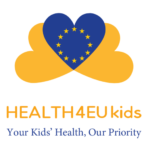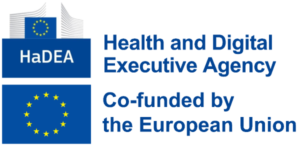Health4EUKids – 3rd WP4 & WP5 & WP6 in person meeting
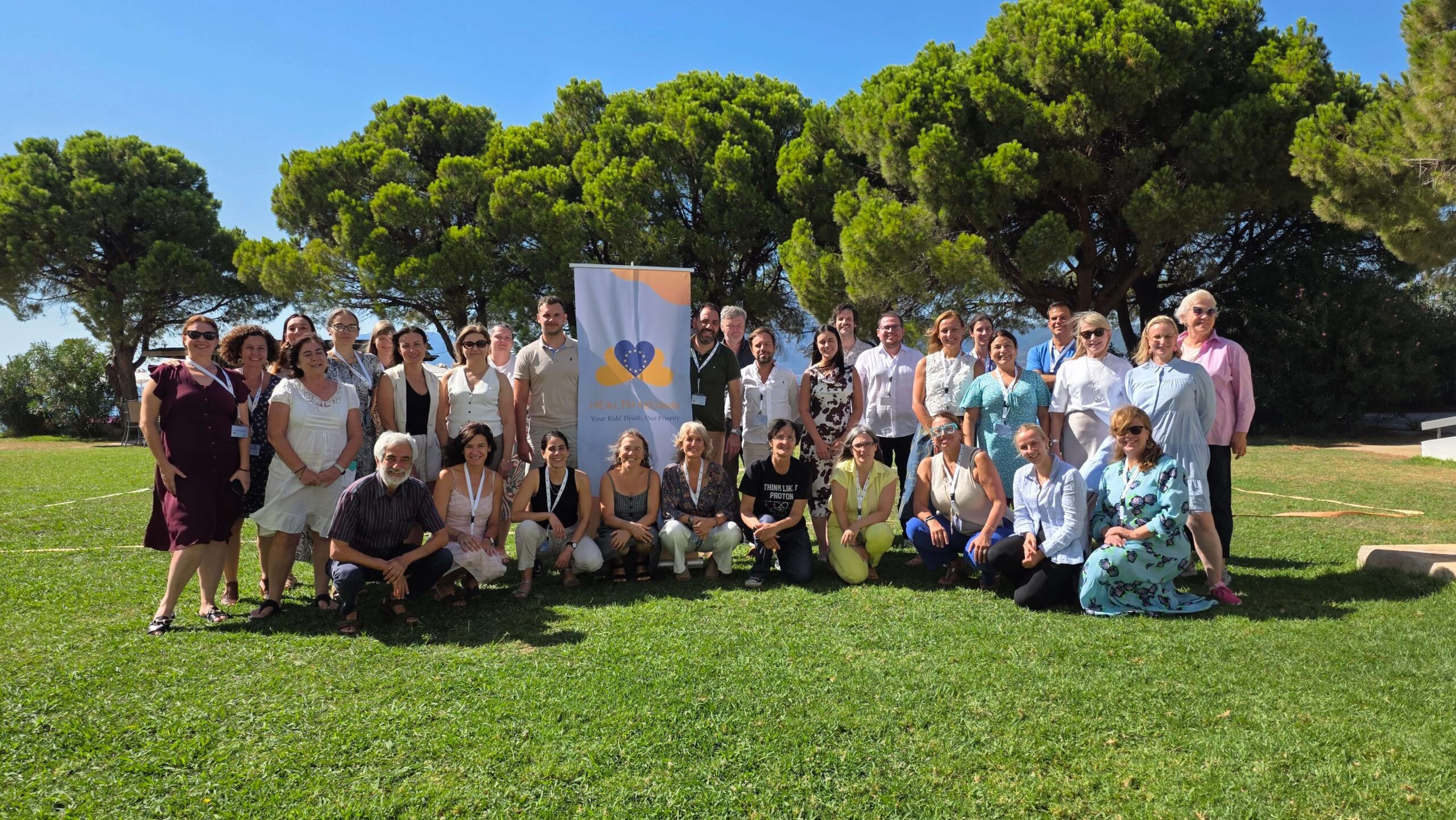
📅 When?
28-29 August 2025
🏛️Where?
Achaia Beach Hotel, Kastellokambos Patra, 26500 Patra
🔎 Topics That Matter:
The “Health4EUkids” joint action of the EU4Health European project co-funded by European Union and HaDEA is included in the field of health promotion and prevention of non-communicable diseases, indicating best practices and specific risk factors from research results on childhood obesity that have already been developed from previous research actions, namely Grünau Moves (Germany) and Smart Family (Finland).
At the 3rd WP4 & WP5 & WP6 in person meeting of the European project “Health4EUkids” that took place on 28th and 29th August 2025 in Patras (Greece), George Karydas (6th Health ADM, Greece), Chiara Cattaneo and Angela Giusti (ISS, Italy) welcomed the collaborated partners (Belgium, Croatia, Finland, Greece, Hungary, Italy, Lithuania, Malta, Poland, Portugal, Slovenia, Spain).
The WP4 Annual Meeting, coordinated by WP Leaders Chiara Cattaneo and Angela Giusti from ISS, Italy, in collaboration with WP5 and WP6, pursued two main objectives. The first objective was to take stock, at the conclusion of the project, of the sustainability of the individual and community health promotion approach developed within the Joint Action, aimed at preventing childhood obesity and strengthening parental and community competences. The meeting also provided an opportunity to share the main lessons learned over the past three years, which can support the consolidation of results and foster the scaling up and sustainability of good practices and of the salutogenic vision. In line with the overall participatory approach of the Joint Action, a World Café was organised, enabling a co-construction of future directions.
The second objective was to identify the key messages to be reported to the European Commission, in a perspective of refeeding the system, together with the necessary requests to ensure the sustainability of actions. A further participatory methodology, based on listening and collective reflection, was used to this end.
The results of the work coordinated by WP4 will be disseminated through the project’s channels and shared with relevant stakeholders. Among the key recommendations, WP4 calls on the European Commission to continue and support the implementation of best practices developed in this and other Joint Actions, through a follow-up system that guarantees continuity and continuous improvement, building on the shared experience of the many countries involved.
The second day of the meeting continued in parallel sessions with the Presentation of the WP5 session. Objectives to achieve by Marta Garcia and Rosana Peiro Pérez (FISABIO/DGSP-CV, Spain), where presented the Evaluation. How we are. The main topics to evaluate and Discussion with pilots, followed by a wrap up. Next, presented the SWOT Analysis. What we know what we would like to achieve, followed by Working groups about SWOT analysis and a wrap up. On WP6: Smart Family session leaded by Heli Kuusipalo, Päivi Mäki, Nella Savolainen, Emma Koivurinta, Kati Kuisma, Taina Sainio (THL, Finland) presented the Objectives to achieve: Evaluation to ensure sustainability of the smart modules adopted by MS´s (Task 6.3) followed by Member states presenting sustainability and transferability regarding the Policy dialogue leading to the future steps of Smart family implementation. Also, a discussion about the tasks to be done for the final report which is due to end of November 2025 took place, followed by a discussion for the scientific article.
Finally, the Final remarks-Next steps presented by Apostolos Vantarakis (UPAT, Greece) and the Steering Committee took place where decisions about important issues regarding the project were discussed.
#HaDEA
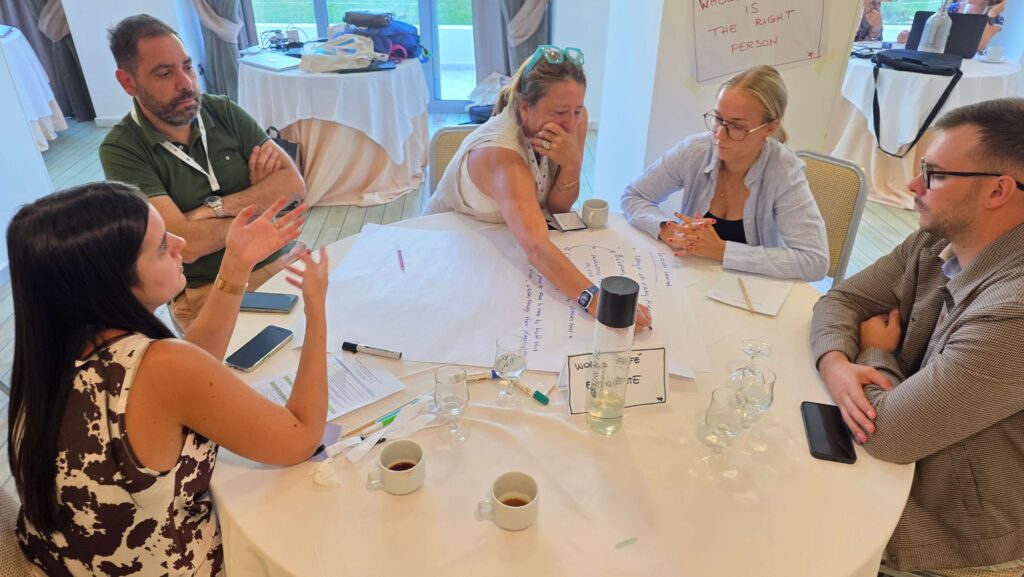
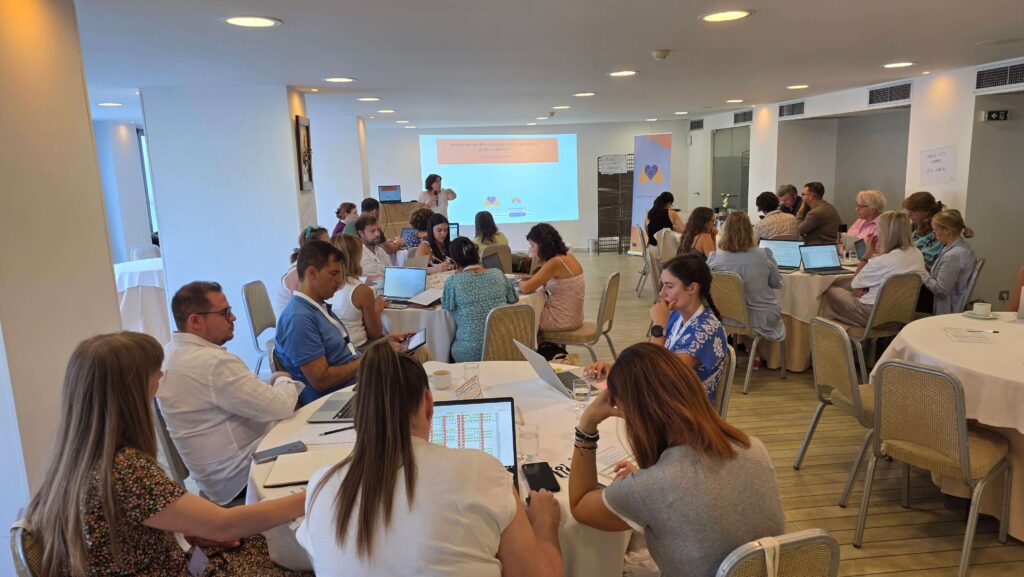
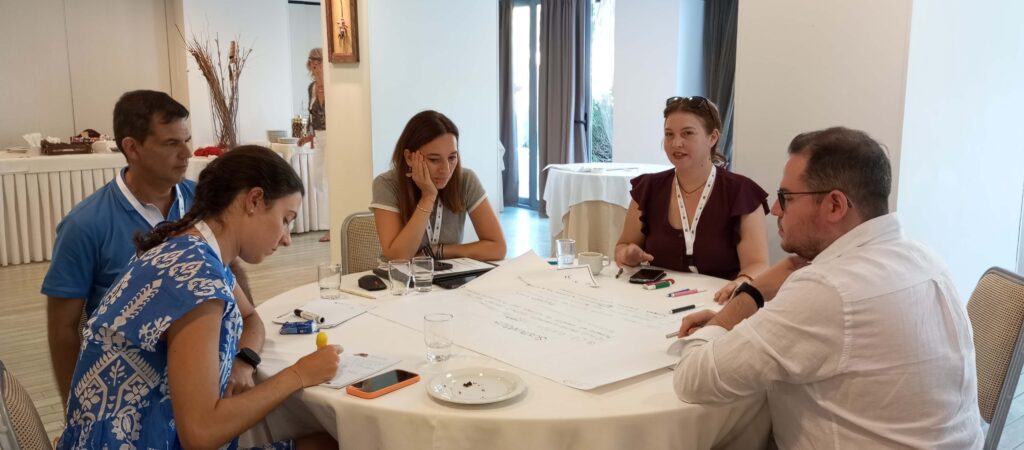
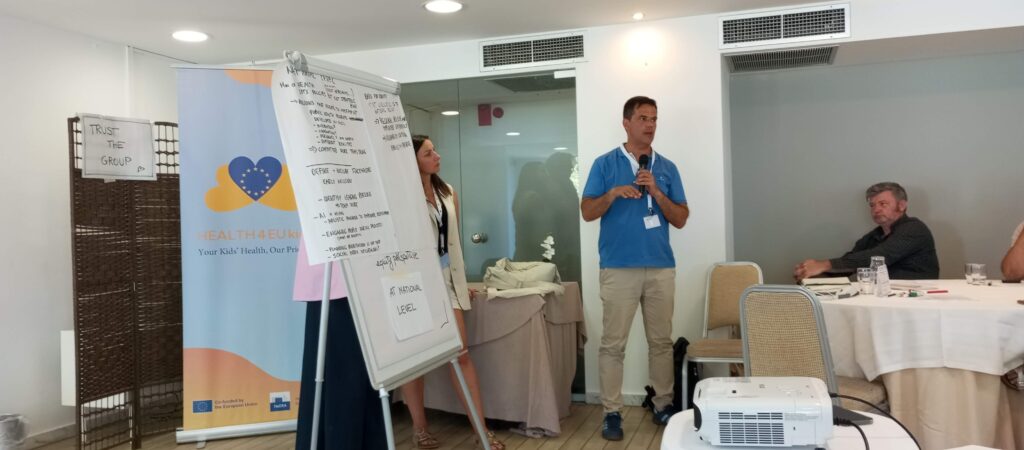
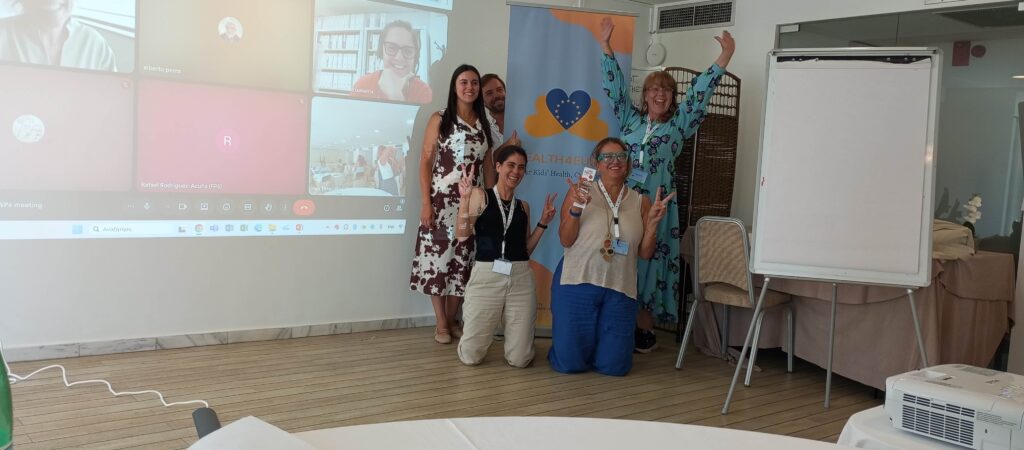
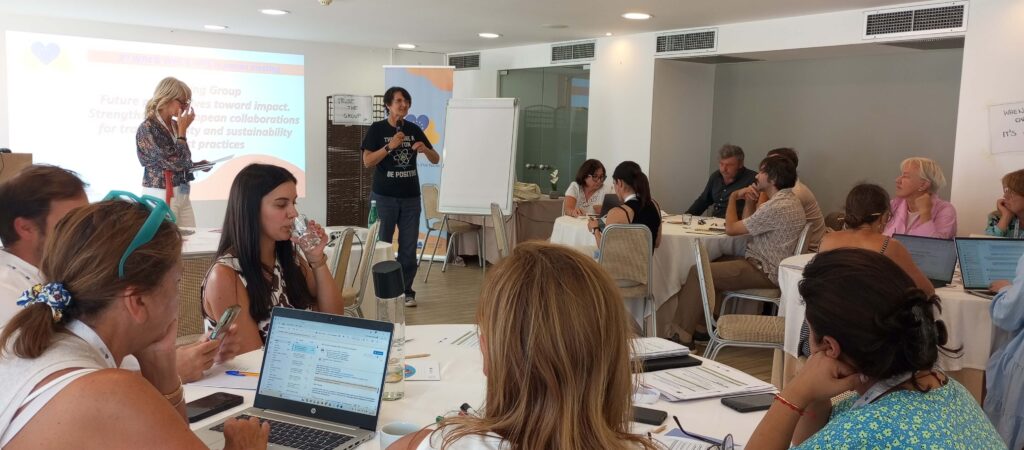
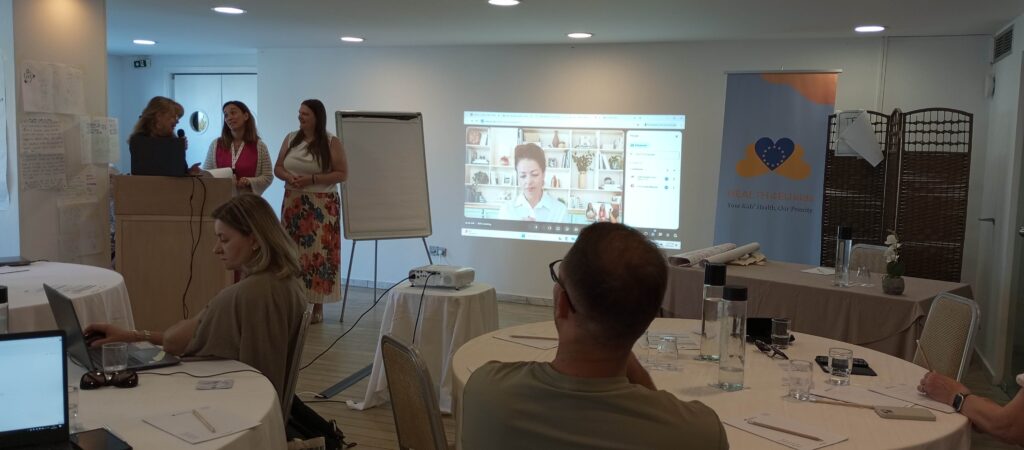
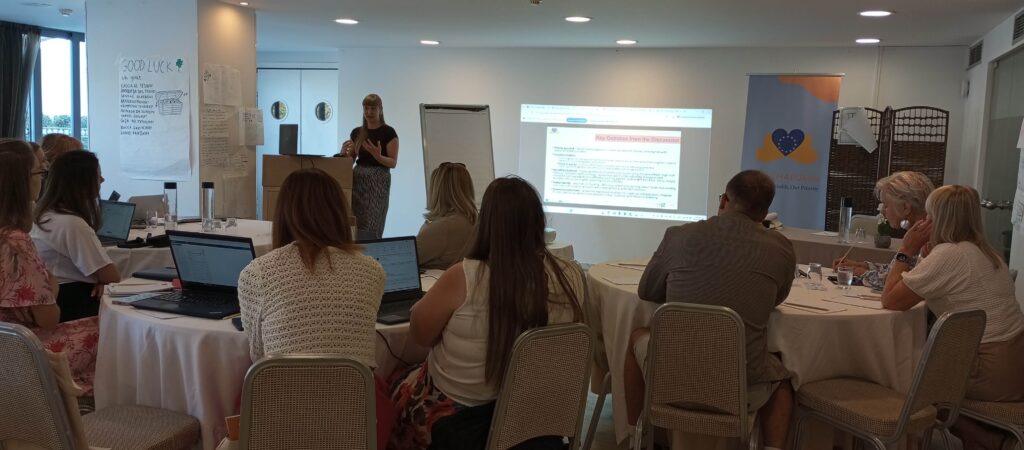
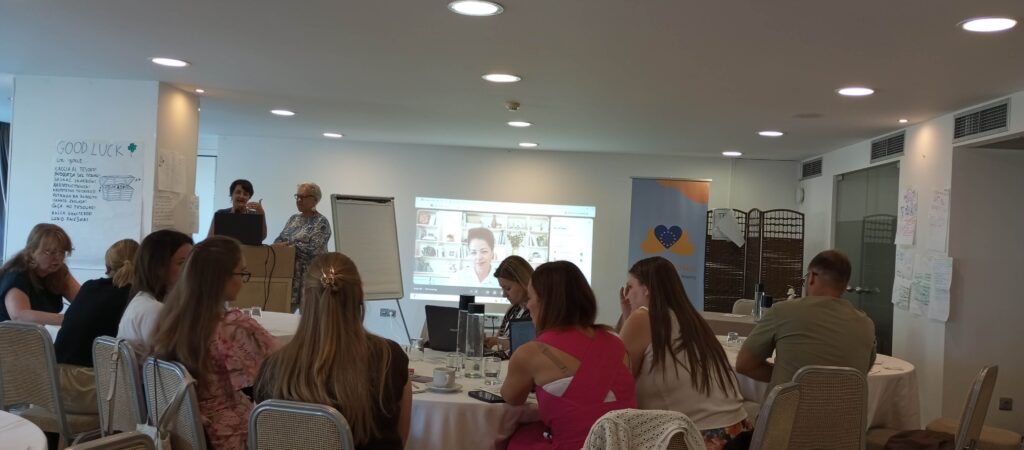
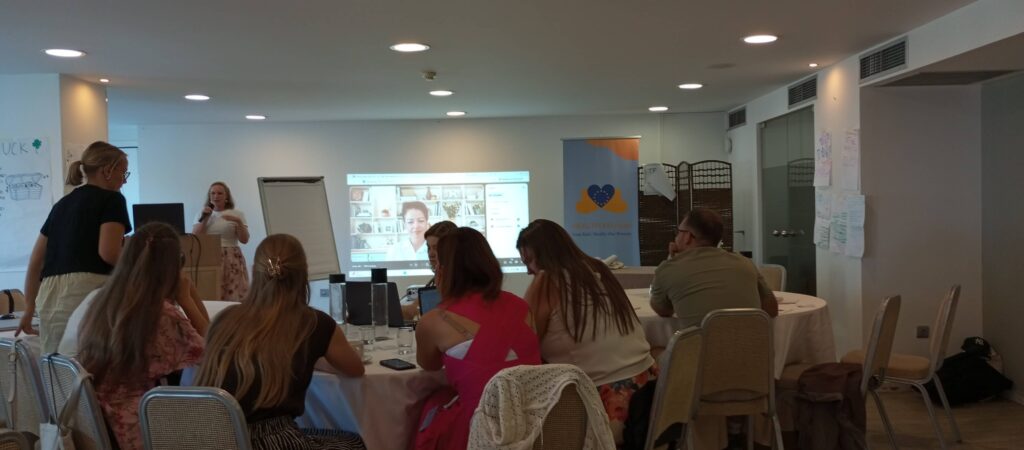
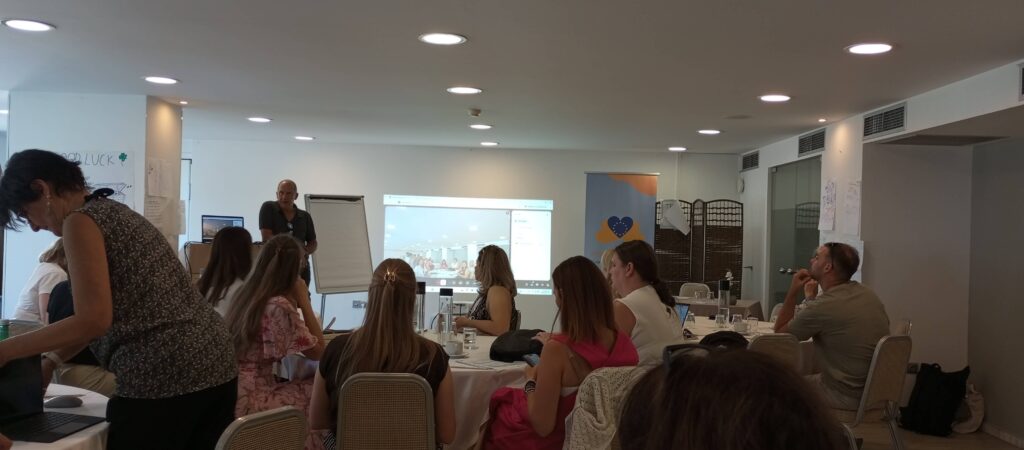
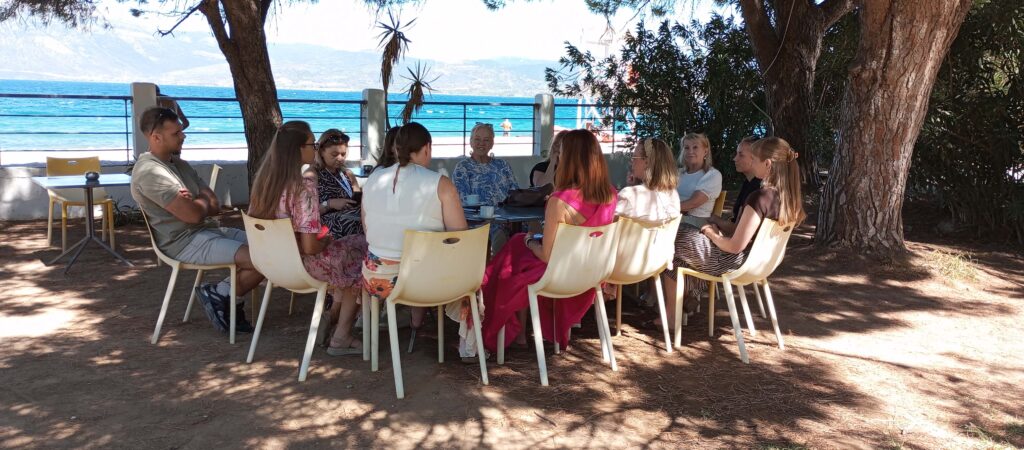
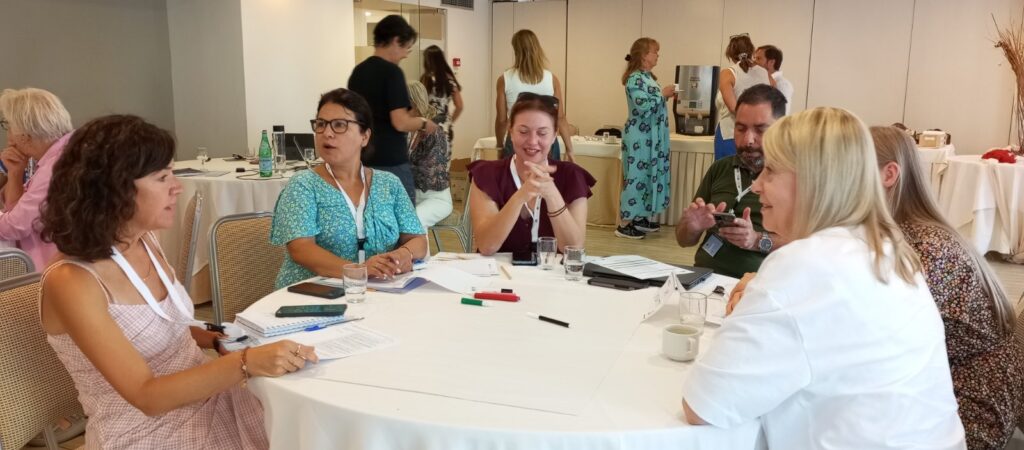
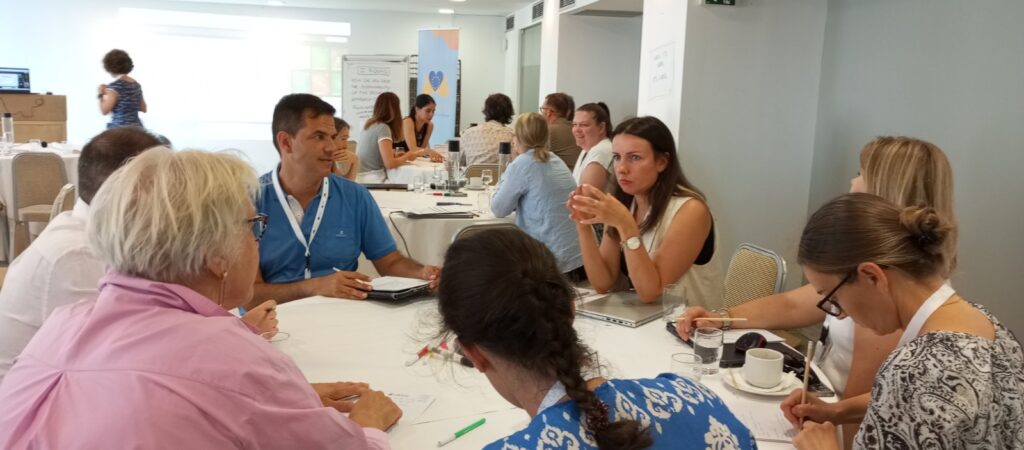
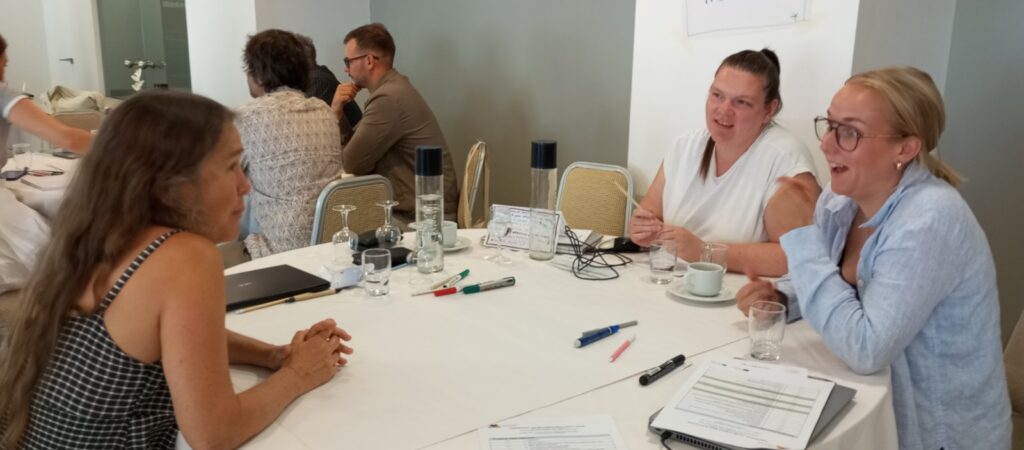
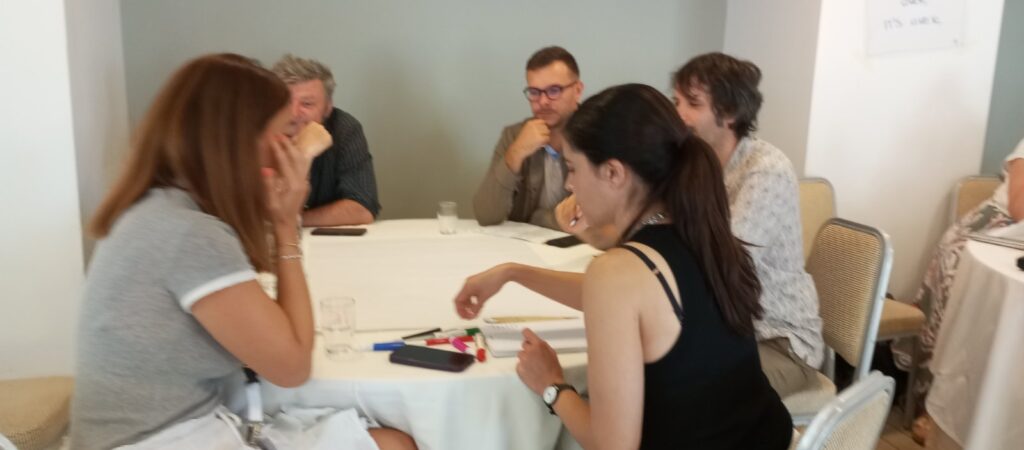
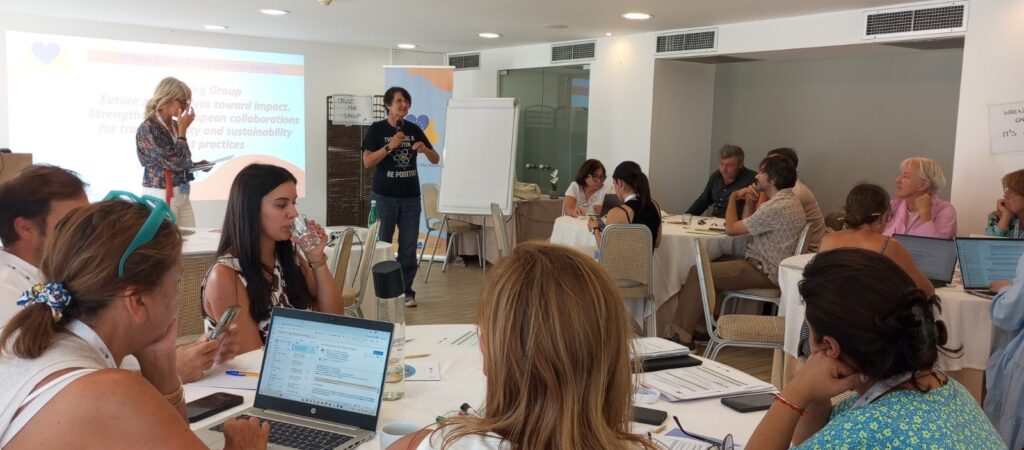
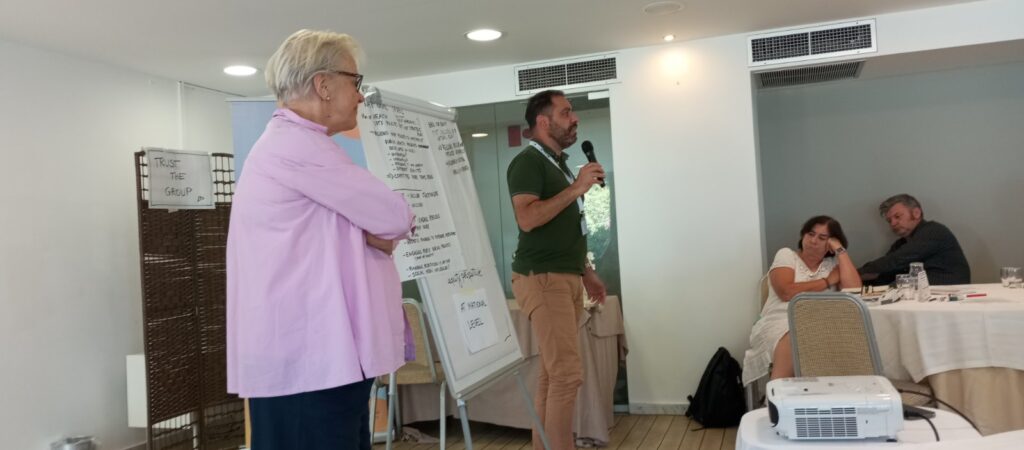
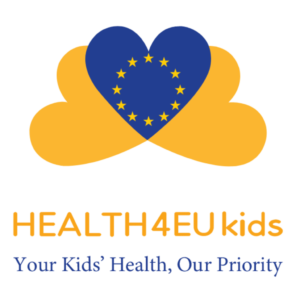 The “HEALTH4EUkids” Joint Action aims to implement health promotion and prevention strategies for child obesity across European countries. It seeks to share best practices and research findings, particularly focusing on the initiatives Grunau Moves from Germany and Smart Family from Finland. The project involves knowledge transfer, cooperation between member states, policy development, and the promotion of healthy lifestyles in families and communities. Its goal is to prevent childhood obesity, increase physical activity and healthy diet, and ensure the sustainability and transferability of successful practices to other member states.
The “HEALTH4EUkids” Joint Action aims to implement health promotion and prevention strategies for child obesity across European countries. It seeks to share best practices and research findings, particularly focusing on the initiatives Grunau Moves from Germany and Smart Family from Finland. The project involves knowledge transfer, cooperation between member states, policy development, and the promotion of healthy lifestyles in families and communities. Its goal is to prevent childhood obesity, increase physical activity and healthy diet, and ensure the sustainability and transferability of successful practices to other member states.
This project has received funding from the European Union’s EU4HEALTH Programme under the Grant Agreement no 101082462
